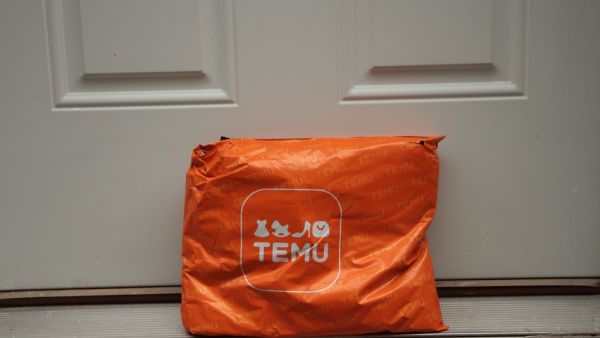ALBAWABA - Following the e-commerce behemoth's dreadful sales reports, PDD Holdings, the parent company of the rapidly expanding Chinese Temu shopping app, had its shares plummet more than 30% on Monday, wiping off more than $50 billion in market value, Fortune reports, while taking $14 billion out of China’s richest man’s pocket.
Governments, notably the US, have been closely monitoring Temu on a number of topics, from its alleged exploitation of import trade loopholes to the origins and quality of the goods its vendors offer via its online storefronts.
Additionally, company officials are warning of fast-paced competition and non-business issues that might impede future development and earnings, suggesting that these pressures are having an impact on the company's prospects.
Colin Huang, the founder and former chairman of the Chinese e-commerce business PDD Holdings, had his net worth drop by almost $14 billion on Monday, mere 18 days since he became the wealthiest person in China earlier in August, following the company's stock plunge of over 30% in response to the company's poor second quarter earnings, as Forbes reports.
The Bloomberg Billionaires Index recently revealed that Colin Huang, had become the richest man in China, with a net worth of $48.6 billion, when the Shanghai-based company reported $4.4 billion in net profit for the quarter that ended on June 30, up 144% from the same period the previous year, per a company statement.
However, due to the stock decline, Huang's estimated net worth dropped to $35.3 billion on Monday, an overall drop of more than 28%. As a consequence, he is now ranked No. 4 in China and No. 50 on Forbes' list of real-time billionaires.
In a conference call with analysts following the results announcement, Chief Executive Officer Chen Lei said on numerous points that the company's present course was unsustainable, given the competition from ByteDance's TikTok and Alibaba Group Holding Ltd. for consumers on a limited spending goals, Bloomberg reports.
“We are facing intense competition on different fronts and also uncertainties from external factors,” Chen noted, adding “therefore, our management team and I unanimously believe that it is not an appropriate time for share repurchases or dividends. And in the foreseeable years ahead, we also do not see such a need.”








